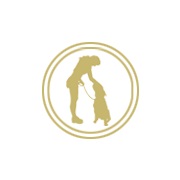Privacy Policy: Your email address is 100% safe.
We don't spam and hate it as much as you do :-) You can also unsubscribe from our mailing list at any time.
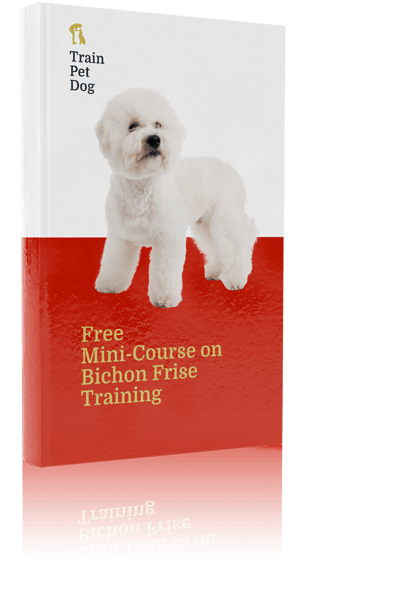
Sign Up
Bichon Frise Dog Training Tips and Info on Bichon Frises (Bichon)
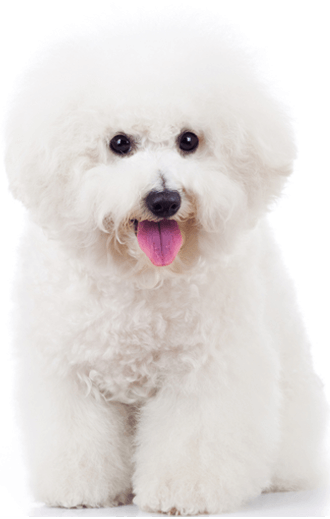
Country of Origin, History of Bichon Frises
The term Bichon Frise is French, and the literal definition is “curly lap dog.” The Bichon Frise was originally bred as a lap dog and became popular with French royalty.
This dog originated in Spain during the 1400s and has developed into a strong, small-framed animal whose movement is balanced and consistent. The foundation breed is Maltese. Other origins are possibilities, mainly Poodle or Barbet.
The Bichon Frise has white coloring and a happy, fun-loving demeanor. These dogs are similar in stature to poodles and are very loyal.
These dogs are commonly known as ‘Bichon,’ and they were enjoyed by aristocrats during the Middle Ages. The breed proliferated in the Mediterranean due to sea captains who traveled on ships and bought goods and privileges with the dogs.
After declining in popularity with aristocrats, the Bichon Frise became popular as clown dogs in circuses and as performers with organ grinders. Their popularity rose internationally during the 1950s.
Bichon Frise Tools
Breed Selector Tool - is the Bichon Frise the right breed for you?
Is the Bichon Frise the right breed for you and your family?
Find out by using our Free Dog Breed Selector Tool
Check Your Bichon Frise's Learning Style
Are you aware dogs also have a learning style that can greatly affect their ability to housetrain as well as be trained correctly. Evaluate your Bichon Frise's learning style and personality using our free Learning Style tool so that you are better able to provide him with the proper Bichon Frise training methods.
Is your Bichon Frise dominating over you?
Does your Bichon Frise bark unnecessarily? Does your Bichon Frise come to you when you call? Download a FREE Report on Dog Dominance for you and your Bichon Frise and learn how to control your dog.
Do you make these mistakes with your Bichon Frise?
Are you inadvertently snow-balling bad behavior in your Bichon Frise? Evaluate your Dog Training Style from our Free Tool and learn how best to deal with your dog.
Bichon Frise Calorie Calculator
Do you know how many calories your Bichon Frise needs every day and how many cups of food you should be giving it every day? Click here to use our Bichon Frise Calorie Calculator.

A General Appearance of the Dog
The Bichon Frise has a small body, similar to that of a poodle. The height of a male or female is from nine to twelve inches, measured from the floor to the shoulder. The Bichon has a tail that curls over the back of its body, and it is never altered. The dog’s ears are narrow and hang close to the head. The ears frame the face and they are never altered.
Coat Color
The coat of a Bichon is long and the colors are white, cream, and apricot.
Coat Type
The Bichon Frise has a solid white coat. The outer coat contains long hair which is coarse to the touch and curly, similar to that of a poodle. The dog’s undercoat consists of soft, short hair, which provides warmth and a fluffy appearance to the outer coat. The coat is developed by eighteen months of age and can be easily trimmed due to its medium thickness.
Height
Males and Females in this breed reach a height of 9 1/2 to 11 1/2 inches.
Weight: 7-12 pounds.
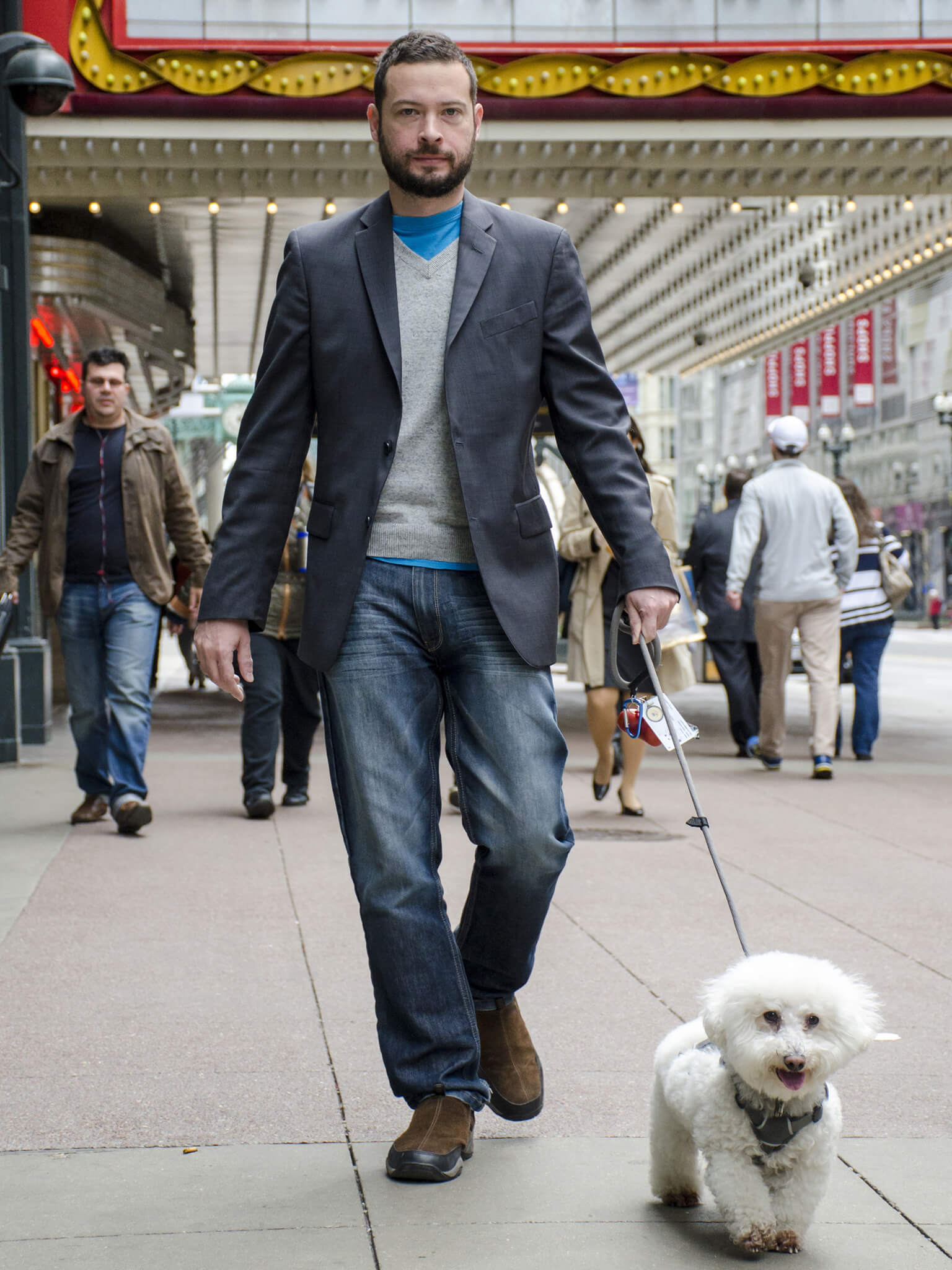


Free Bichon Frise Training Secrets
Free Course on Bichon Frise Training & Obedience
Stop All Bad Behavior, Excessive Barking and Biting
Bichon Frise Personality Traits
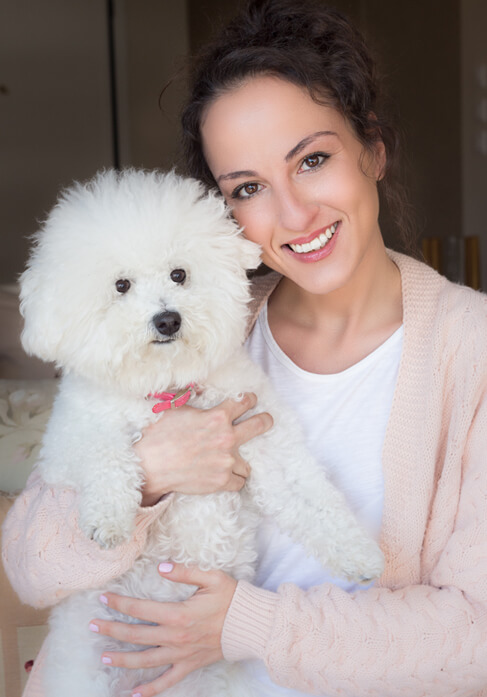
Temperament of the Dog
The Bichon Frise is known to be gentle, affectionate, and physically active when it is in familiar surroundings. This breed lives well in a variety of surroundings. If given daily walks of at least thirty minutes, the Bichon can live in an apartment or town home. When living in a home with a yard, the Bichon needs less physical attention. Bichons are popular as family pets because of their exceptional ability to coexist with children. With training, Bichons do very well with elderly people or the disabled also.
Better suited to an indoor or outdoor lifestyle?
These dogs are better suited to an indoor lifestyle; however, while they prefer being indoors, they can adapt to being outdoors. The Bichon tends to be a better watch dog than a guard dog, mainly due to its small stature and friendly demeanour.
Are they suited to homes with kids?
This breed is known to do well in a home that is consistently occupied, preferably with older children and adults. Older Bichons are more adaptable to being left alone than pups; yet, if a pup must be left alone, a good suggestion is to have someone visit the home during the day to provide attention, make sure the dog is safe, and make sure it has food and water. Overall, Bichons have not been bred as 'yard dogs,' and they will develop behaviour problems if frequently left alone. This could cause health problems in the long run.
Training
Positive Reinforecement Training
The puppies respond well to positive reinforcement; the owner should praise the pup when it does as instructed and provide minor discipline if it is not behaving as expected. Trainers suggest that a positive reward consist of a small piece of kibble along with a great deal of verbal praise (“Good boy! Good Girl!) to reward correct behavior.
Training
The Bichon Frise can be easily trained if the owner or trainer is consistent and proficient with training tasks. While the Bichon Frise is intelligent, this breed of dog has a history of problems with housetraining. Outside, they enjoy digging in the yard and may need to be trained to avoid digging in dirt or around plants. Bichons are sensitive animals and respond well to gentle handling and training that is accompanied by verbal and physical praise. They also enjoy small treats, coupled with verbal praise when they act appropriately. Use minor discipline if they misbehave.


Free Bichon Frise Training Secrets
Free Course on Bichon Frise Training & Obedience
Stop All Bad Behavior, Excessive Barking and Biting
Bichon Frise Activity Level
How active is the breed?
The Bichon Frise is happiest and very active when it is indoors. However, it will eagerly follow the owner outdoors and participate in a variety of activities. Bichons can be very active, and they enjoy any activities that the owner is doing. If yard work needs to be done, the Bichon will run around the work area and watch. Also, the dog will try to get attention or engage in play.
Exercise Needs
Puppies and younger dogs require a significant amount of activity. The dog will benefit greatly from frequent walks and/or trips outside so it can get exercise or relieve itself. The activity level of the Bichon will decrease with age; however, frequent exercise is recommended for a healthy dog, regardless of age. As it ages, the Bichon is known to have problems with slipping kneecaps and blindness. Exercise can be tailored to accommodate these illnesses as the dog ages.
How to take care of a Bichon Puppy?
A Bichon pup is happy, healthy, and content if given proper care. An owner can expect to receive the Bichon puppy at six weeks of age. If the Bichon is exposed early to children, adults, and visitors to the home, they will become socialized to a variety of humans. The owner should take the Bichon pup on walks, provide age-appropriate toys, and create a living space where the dog can learn to be alone. At this time, the owner can house train the Bichon.
Grooming
A Bichon requires consistent grooming, and thirty minutes a day isn’t uncommon for a guardian to brush and comb the dog’s fur. The Bichon does not shed fur, but its hair grows continuously, so it needs a trim approximately every four to six weeks.
A frequent grooming problem with Bichons is excess tearing around the eyes and on the face. Tearing colors the dog’s coat a light pink or rusty brown. Tearing can have many causes, and it is recommended that a veterinarian diagnose the reason for tearing.
Foot care includes nail trimming and cutting excess fur that grows over toenails and between paw pads. This can be taken care of by a groomer or, when offered, in a veterinarian’s office.
The Bichon can develop allergies to fleas and dirt if it is has a pale skin. This is seen when there is redness in the skin and signs of irritation known as ‘hot spots;’ both symptoms are more prevalent during high-temperature months of the year. Owners are advised to maintain flea control throughout the year.


Free Bichon Frise Training Secrets
Free Course on Bichon Frise Training & Obedience
Stop All Bad Behavior, Excessive Barking and Biting
Health and Care
Genetic problems the breed suffers from
As with any dog, as the Bichon Frise ages, their physical needs increase. Bichon Frise breeds are known for developing knee problems with age. This dog breed is known to develop epilepsy and slipping kneecaps. In addition, eye problems can develop, and an illness known as Progressive Retinal Atrophy (PRA) can occur. With PRA, a retina in one of the dog’s eyes breaks down, and this results in blindness. Bichon owners recommend that any potential owner check the parental history, if available. Also, professional breeding can eliminate this problem.
Breeding the dog and any Cautions
A Bichon Frise can be bred if it is free of genetic disease, has a stable temper, and comes from a lineage that has been certified by an accredited agency or kennel club. In addition, the dog should not be aggressive or introverted. Potential owners should look for a dog that is relaxed around people and is not a constant nuisance. Breeders state that a good candidate for breeding can be traced back through a minimum of three, preferably five, generations.
A potential owner/breeder needs to be aware of the costs involved with breeding dogs. Veterinary care (before and after birth) for both the mother and puppies may be needed for at least ten weeks. In addition, the pups may need to be housebroken if they are not adopted at six weeks of age. Other expenses for proper care include vaccines and grooming.
Litter Size: 3 to 5 pups.
Life Span: 13 to 16 years.
National Breed Clubs
National Breed Club
e.g. The Bichon Frise is promoted by The Bichon Frise Club of Great Britain. Information is available at their website, http://www.bichonfriseclubofgb.info/index.htm, or at 129 The Diplocks, Hailsham, East Sussex, BN27, 3JY, phone number 01323 843947.
In the United States, the dog is represented by The Bichon Frise Club of America, Inc. Information and Bichon Frise facts are available at their website, http://www.bichon.org/, or at Red Lion Denver Central, 4040 Quebec Street, Denver, CO 80216. The telephone number is 1-303-321-6666, and the fax number is 1-303-355-7412.
Recognition
The Bichon Frise is recognized by The Kennel Club in the United Kingdom in the 'toy' classification. In the United States, the dog is recognized by the American Kennel Club in the 'non-sporting' classification.
Group: Non-Sporting Group.
AKC Popularity Ranking: 46
Also known as: The Tenerife Dog, Bichon Tenerife, Bichon a poil Frise.
Train Your Bichon Frise To Listen To You
Get Instant Access to Your Training Now - For Free
Sign up for our Free Bichon Frise Mini Course to have a housebroken, obedient dog that happily comes to you every time you call.
You'll learn new commands to obedience-train your dog as well as how to housebreak your dog in 6 days or less.
You'll also learn how to eliminate bad habits like barking, nipping or biting, jumping, or pulling on the leash.Here's just s small fraction of what else you'll learn in the course:
How to lead and think like a pack dog - the new psychology.
3 dangerous mistakes that most Bichon owners make when they are trying to potty train their dogs.
The 2 main reasons why your dog barks excessively and how to control its excessive barking.
How to obedience train your Bichon Frise to permanently end behavioral problems like Jumping, Aggression, Pulling on Leash.
A surprisingly easy way to teach your dog cool new tricks.
How to improve your dog's lifespan and keep it from getting overly heavy with a healthy and nutritious diet.
Getting Pro help fast - how to get access to our expert trainers when you need them most.
One hidden psychological trigger that all Bichon Frises have... that practically allows you to "analyze" and "control" your dog's every action.
Priority access to the free online seminars conducted by our training experts.
Whereas other dog training related web sites and books offer generic information for dogs in general, ours is the ONLY web site that offers Bichon information specifically, from a renowned panel of experts - because as you probably know, Bichons have their own special training requirements that other dogs don't have.
Our Dog Experts
The Bichon Frise training information you will read here was developed by a panel of renowned dog training experts whose combined wisdom represents nearly 100 years of specialist experience training dogs.
Here are a few of our experts:




